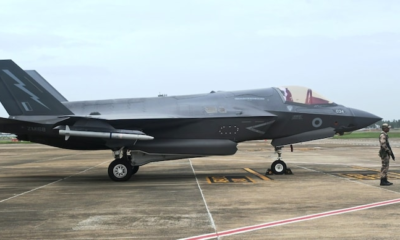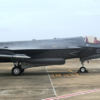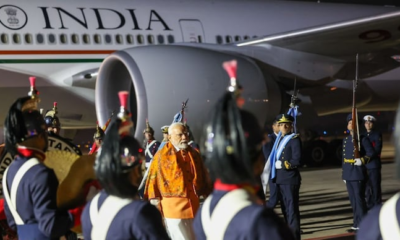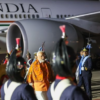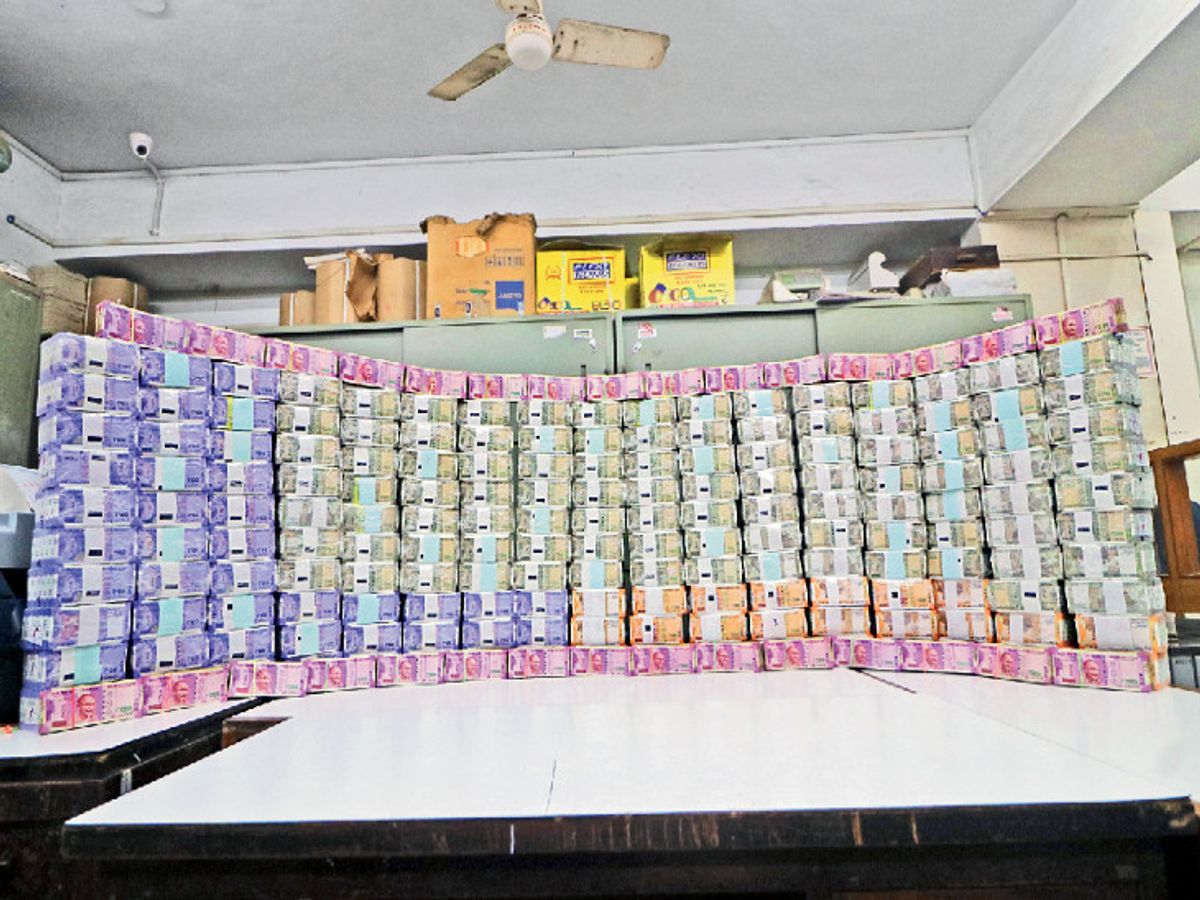

More in Nation
-


Nation
Stranded UK F-35 Jet Finally Moved After 22 Days in Kerala
Stranded British F-35 Jet Finally Moved from Thiruvananthapuram Airport After 22 Days After being grounded for...
-


Nation
62 Tigers, Leopards Died in 4 Months: Maharashtra Govt
Maharashtra Lost 22 Tigers, 40 Leopards in Just Four Months: Forest Minister Maharashtra Forest Minister Ganesh...
-


International
Modi Becomes First PM in 57 Years to Visit Argentina
PM Modi Arrives in Argentina for Historic Bilateral Visit After 57 Years Prime Minister Narendra Modi...
-


Nation
Marathi Pride Brings Thackerays Together
Thackeray Brothers Reunite After Two Decades, Rally for Marathi Pride Amid Political Speculation In a major...
-


International
Live from Space: Shubhanshu Shukla Inspires Students
Space Meets Classroom: Astronaut Shubhanshu Shukla Inspires Indian Students from ISS In a first-of-its-kind experience, students...




